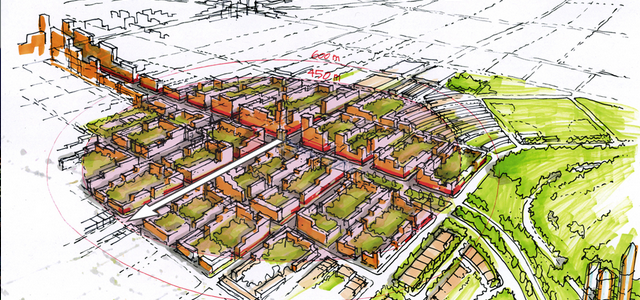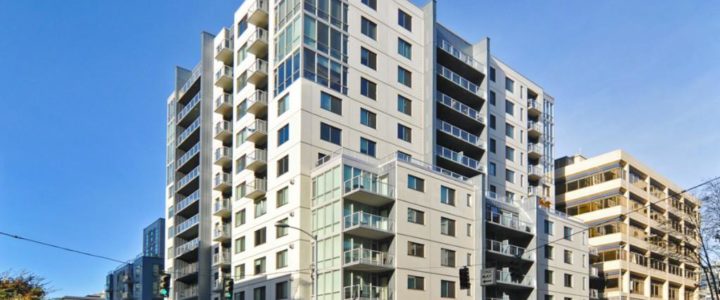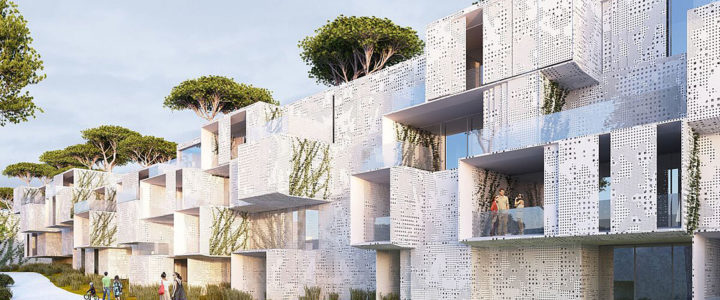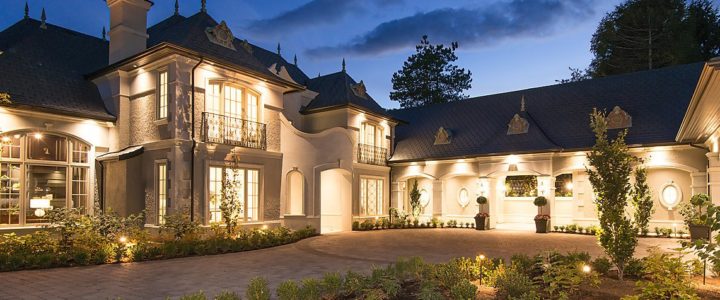Huge vision for Cambie Corridor’s Phase 3 will focus on rental housing, townhouses and row homes
The draft plan is the City’s first to introduce below-market rental housing as part of its housing policy. Of the 11,500 new homes planned, more than 4,000 are intended as “affordable” homes, including social and rental units linked to residents’ incomes.
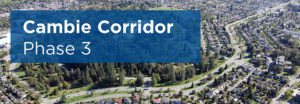
“The third phase of the Cambie Corridor Plan is the first of many exciting steps that puts the City’s Housing Strategy into action with vision for the neighbourhood that delivers a housing mix that meets peoples’ needs,” said Vancouver Mayor Gregor Robertson. “I’ve heard loud and clear that people want a mix of housing – rental, townhomes and row houses – near schools, parks and transit in Vancouver’s low-density neighbourhoods. This plan for the Cambie Corridor provides that and more.”

